Credit Rating

He added that the government’s aim is to restore confidence in the Egyptian economy by explaining the dimensions of the new economic trajectory of the Egyptian state, which is a catalyst for promising horizons.
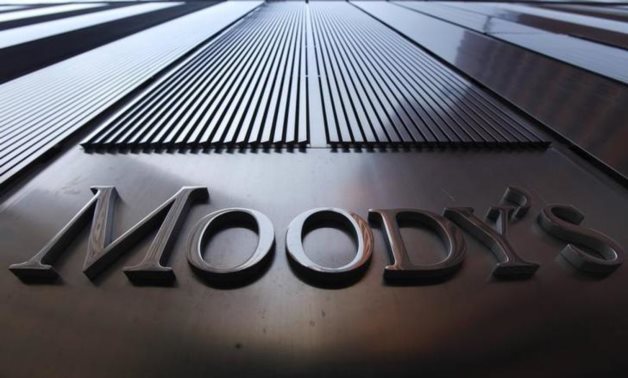
Moody's has revised Egypt's outlook from "stable" to "negative" due to growing concerns about the country's credit profile but kept its credit rating unchanged at “Caa1.”

Standard & Poor's credit rating agency revealed two scenarios that, if they occur, would lead to the upgrade or downgrade of Egypt's credit rating in the upcoming period, according to a report published on its website.

"Changing the outlook from negative to stable reflects structural reforms that the Egyptian government undertook recently which contributed to achieving financial discipline,” explained Minister of Finance Mohamed Maait

Standard & Poor's (S&P) kept Saturday Egypt's long and short-term foreign and local currency sovereign credit ratings at B/B with a stable outlook.

Standard & Poor's credit rating agency has kept the sovereign rating of the Egyptian economy at the level of B / B in the long-term and short-term, while maintaining a stable outlook. Below are six figures that indicate how the Egyptian economy will continue to improve in the coming period.

Turkey's deteriorating conditions are the reason.
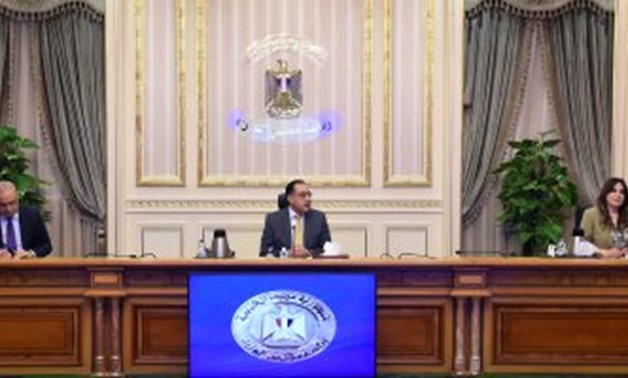
The procurement fee of medical equipment and drugs used in treating Covid-19 has been canceled, and all ministries will set an expenditure rationalization to offset the economic impact of the pandemic.
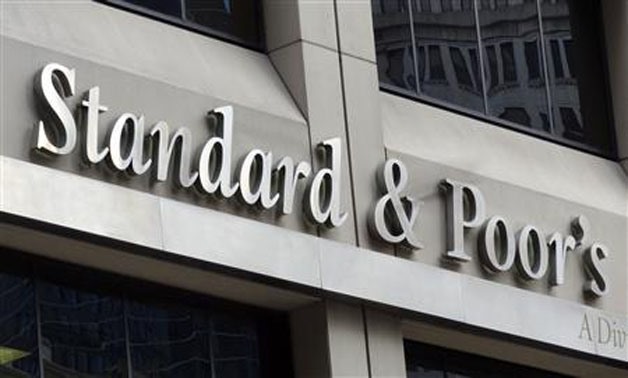
International rating agency Standard and Poor’s (S&P) raised on Friday Egypt’s sovereign credit rating to (B) from (B -).
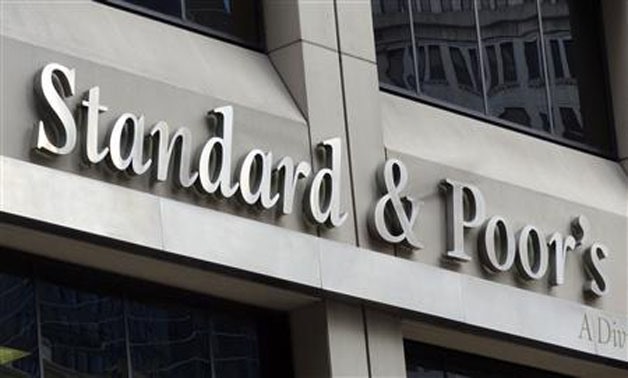
The rating agency said Egypt outlook revised to positive on the back of rising reserves and strengthening economic growth.

S&P’s assessment came as a result of QP's critical role in supporting the Qatari economy.
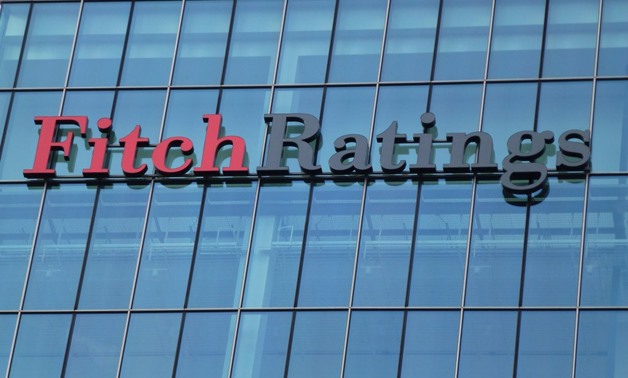
Qatar’s GDP growth is forecasted by Fitch to fall to 2 percent in 2017, 1.3 percent in fiscal year 2018/19, down from 2.2 percent in 2016.

Qatar’s economy outlook was affirmed at AA-/A-1+ for long and short term foreign and local currency sovereign ratings.

Egypt’s credit rating outlook maintained stable by global credit rating agency Moody's Investors Service late Friday.

Pharos believe that a credit rating upgrade will support further foreign inflows into the equity and the fixed income market

Foreign liabilities of commercial banks declined, fueling concerns about a potential struggle in external debts, Capital Economics said.

S&P Global will consider changing Egypt’s credit rating if economic growth rate exceeded expectations, analyst says.

Two busy-schedule months for Arab foreign ministers passed, however, the political rift between four Arab states and Qatar is still ongoing, imposing economic pressures on Doha

Sharjah Islamic Bank and Jordan Commercial Bank kept their outlook.

Fitch expected the budget deficit to stand at 9.3 percent of GDP, higher than the 9.1 percent projected by the government.